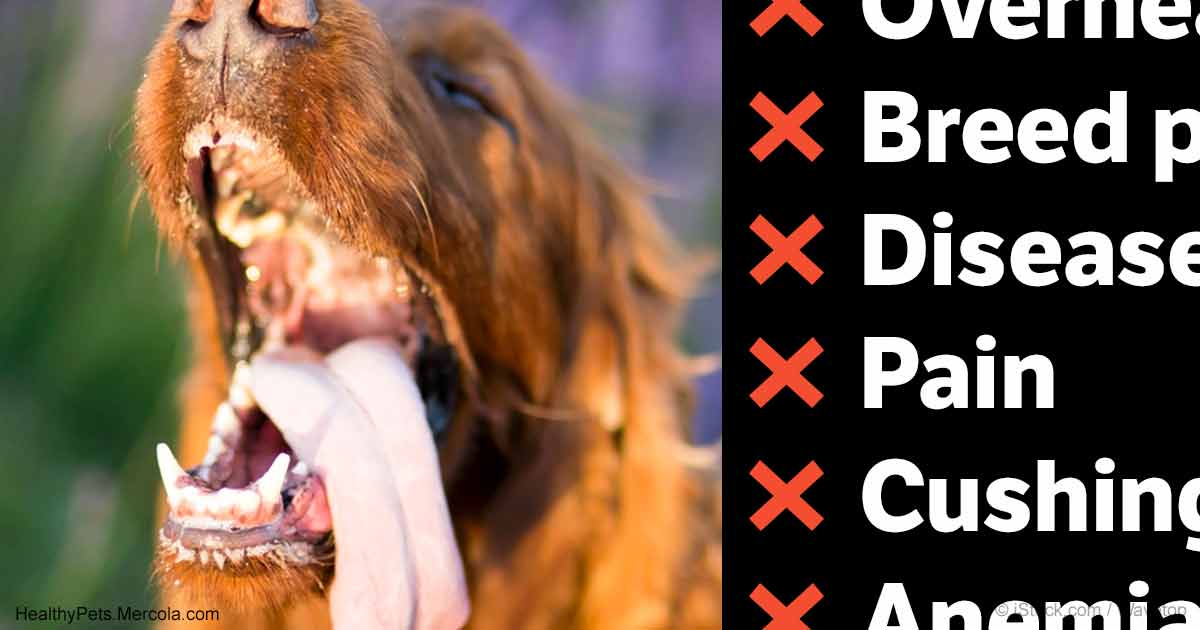Does Galliprant Cause Panting In Dogs
Does Galliprant Cause Panting in Dogs?
Panting is a common behavior in dogs, and it can be triggered by a number of different things. Many pet owners wonder if Galliprant, a prescription medication used to treat joint pain and inflammation in dogs, is one of those triggers. While there have been some reports of panting being linked to Galliprant, there is not enough evidence to definitively say that it is a common side effect.
Understanding What Panting in Dogs Means
Panting is a natural behavior in dogs and it is used as a means of regulating their body temperature. Panting is a way for the dog to cool down after exerting energy or when the temperature outside is warm. Panting can also be a sign of stress or anxiety, or it can be caused by pain or illness. It is important for pet owners to be familiar with their dog’s normal panting behavior, so they can spot any potential changes that could be cause for alarm.
Does Galliprant Cause Panting?
Galliprant is a non-steroidal anti-inflammatory drug (NSAID) that is prescribed to treat pain and inflammation associated with arthritis and joint pain in dogs. It has been known to cause side effects in some dogs, including nausea, vomiting, and diarrhea. In rare cases, there have been reports of panting being associated with the use of Galliprant. However, panting is such a common behavior in dogs that it can be hard to determine whether it is a side effect of the medication or a normal behavior.
Does Galliprant Increase Panting?
There is not enough evidence to definitively say that Galliprant is a cause of panting. However, some pet owners have reported that their dogs have exhibited increased panting after taking the medication. If a pet owner notices that their dog is panting more than usual after taking Galliprant, they should consult their veterinarian.
Can Panting be a Side Effect of Galliprant?
It is possible that panting could be a side effect of Galliprant, although it is difficult to determine whether or not it is directly related to the medication. If a pet owner notices that their dog is panting more than usual after taking Galliprant, they should consult their veterinarian to rule out any other potential causes.
Conclusion
Panting is a common behavior in dogs and it can be triggered by a number of different things. While there have been reports of panting being associated with the use of Galliprant, there is not enough evidence to definitively say that it is a common side effect. If a pet owner notices that their dog is panting more than usual after taking Galliprant, they should consult their veterinarian to rule out any other potential causes.
My Dog Can T Sit Still And Is Panting - DogWalls

Excessive Panting in Dogs: What It Means & What You Should Do

Small amount of blood in dog diarrhea – Zqjjo
